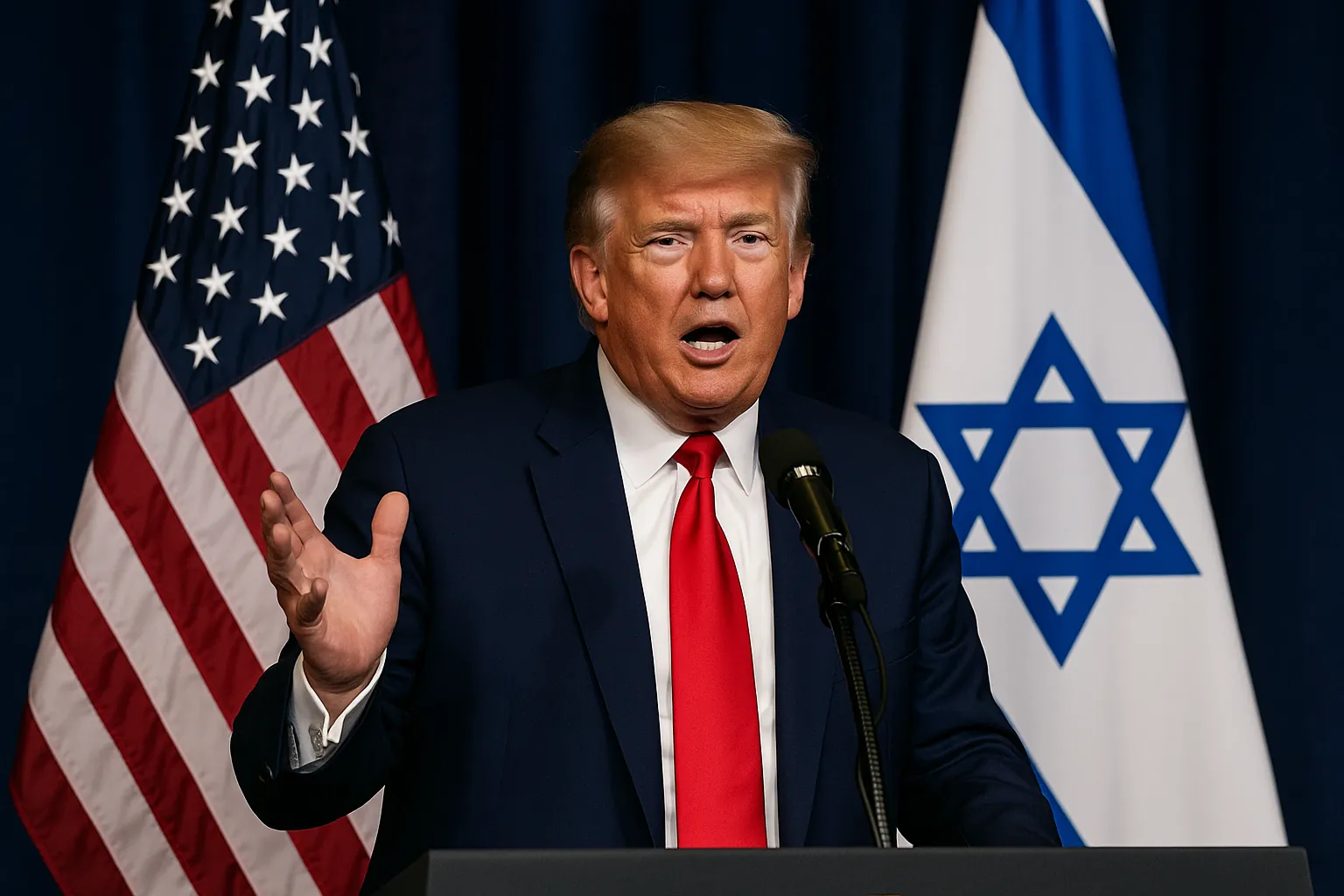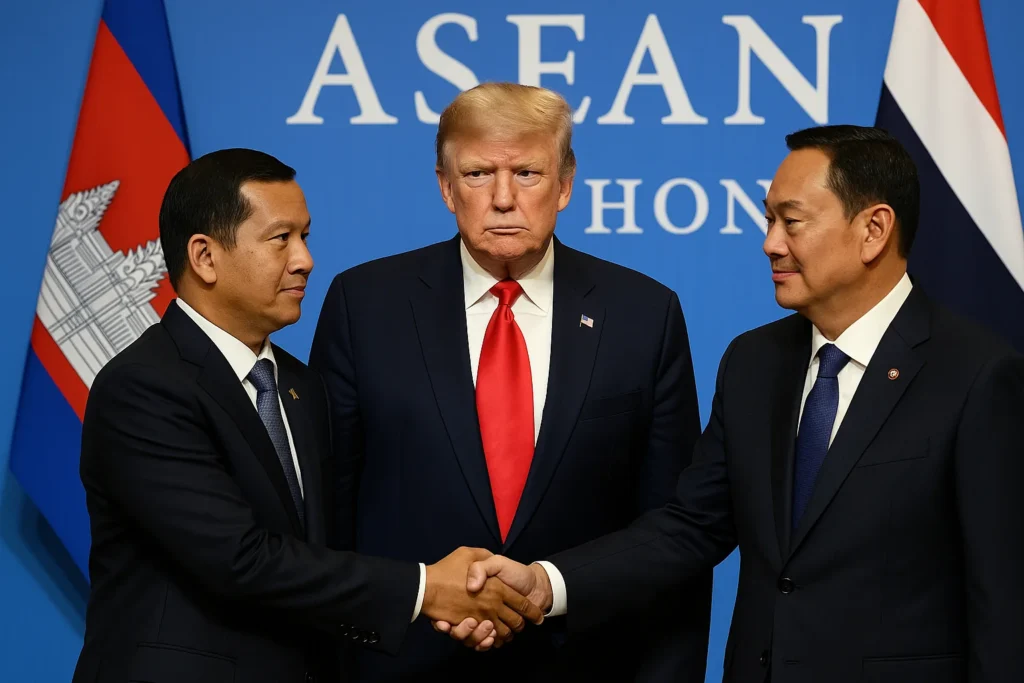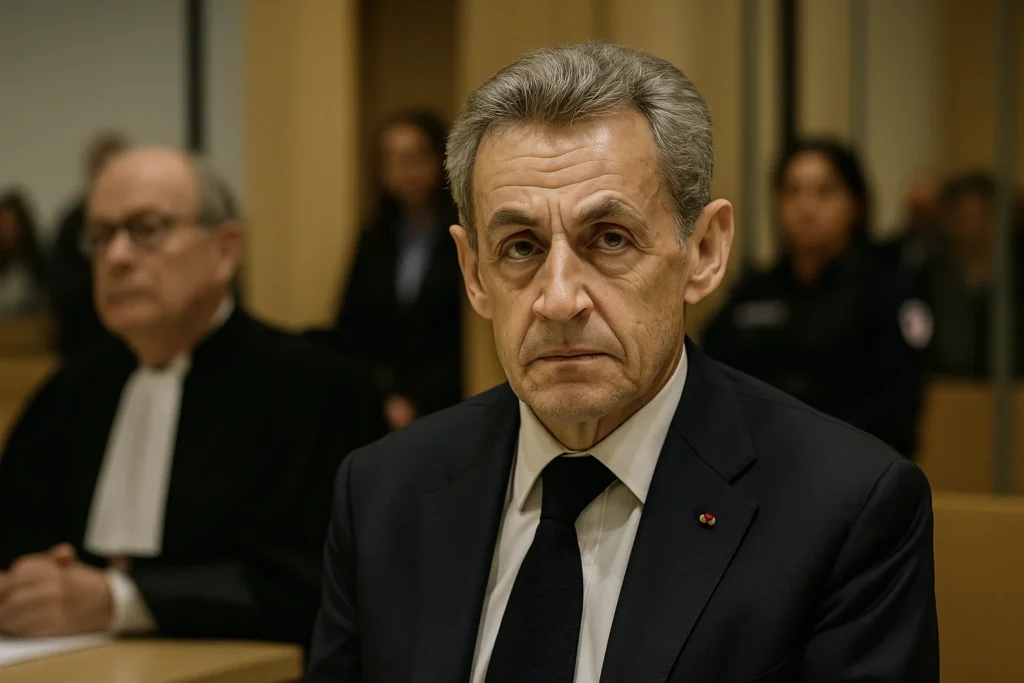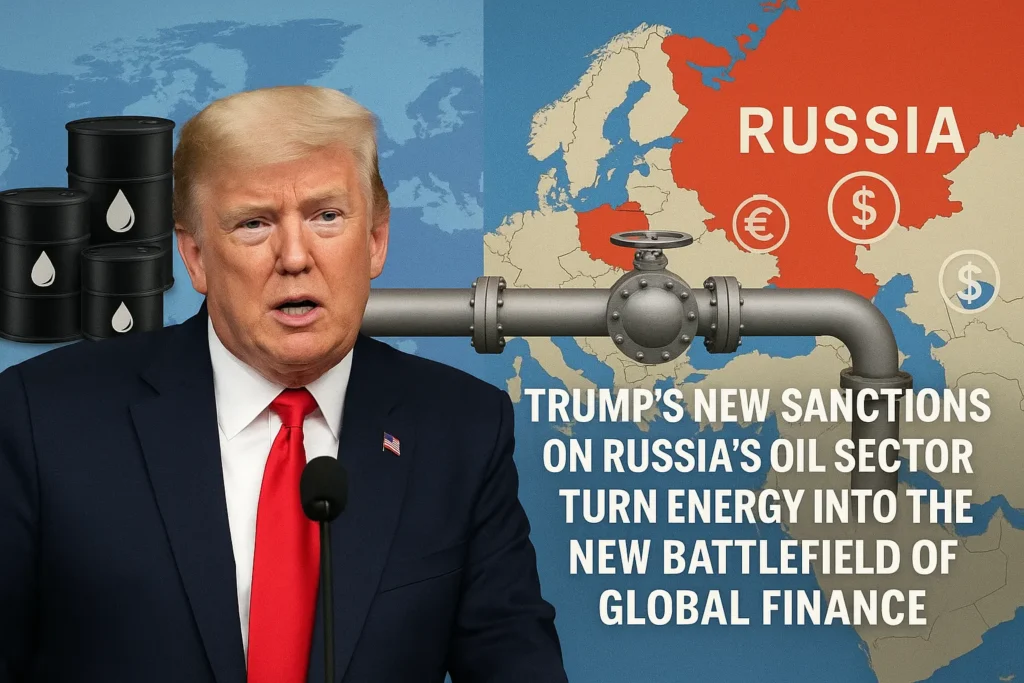When Donald Trump took credit for the Gaza hostage release milestone, he wasn’t just celebrating a humanitarian breakthrough — he was rewriting the narrative of American power. The Trump Gaza hostage release marks a dramatic return of personalized diplomacy: one man’s ego-driven phone calls overshadowing bureaucratic processes and cautious multilateralism. Yet behind the triumphal rhetoric, this fragile exchange — twenty Israelis for fifty Palestinian prisoners — reveals the volatility of a world where diplomacy once again wears the face of a populist strongman.
Context: The Official Narrative
According to the official U.S. and Israeli briefings, the prisoner swap was a carefully coordinated humanitarian measure under the U.S.-brokered ceasefire. American diplomats reportedly worked for weeks with Egyptian and Qatari mediators, ensuring lists were verified, hostages medically cleared, and both sides adhered to agreed terms.
The White House framed it as proof of Washington’s “renewed moral leadership.” The BBC and CNN emphasized that monitors confirmed the swap’s legality and safety, with the UN praising the reduction in hostilities.
But as with every story in the Middle East, the narrative split instantly. On Fox News and conservative outlets, it became a story of Trump’s dominance, his “personal calls” to both Netanyahu and Hamas officials supposedly forcing a long-delayed breakthrough. The official apparatus — State Department staff, UN intermediaries, and regional negotiators — were reduced to background props in Trump’s self-authored comeback drama.
Oppositional Argument: The Illusion of Control
Trump’s claim of orchestrating the Gaza hostage release is not just self-congratulatory; it’s politically strategic. For months, he has sought to reclaim the “peace-maker” mantle he once flaunted after the Abraham Accords. By asserting direct involvement, he revives the myth of the deal-making president, the man who could bend the Middle East through charisma alone.
Yet this “personal diplomacy” is dangerous — not because it fails, but because it succeeds just enough to blur the line between policy and performance. In reality, the hostage deal was a collective effort, backed by a fragile architecture of international compromise that Trump routinely undermined during his presidency.
Behind the theatrics lies a grim truth: the ceasefire is brittle, Hamas remains fragmented, and Israel’s far-right factions are already furious. If the truce collapses, Trump’s diplomacy will look less like mastery and more like opportunism.
And still, he thrives on that edge — the gamble that chaos can be spun into control.
Analytical Breakdown: The Strategy Behind the Spectacle
Every hostage negotiation is a study in power psychology. Trump, ever the performer, weaponizes that psychology not for the hostages, but for his image. By calling both sides — a claim that neither Israel nor Hamas publicly confirmed — he positions himself as indispensable.
It’s a technique familiar from his business and political career: bypass institutions, frame success as personal triumph, and define reality through spectacle.
There’s a reason this strategy resonates. The Biden administration’s Middle East policy has been paralyzed by moral contradictions — condemning civilian deaths while quietly enabling military aid. Into that void steps Trump, offering a crude but simple alternative: strength without hesitation.
In the age of fractured global leadership, personal diplomacy feels decisive. Yet it’s built on sand. No verification mechanism can survive long when one man’s political survival depends on continuous “victories.” If tomorrow the ceasefire crumbles, Trump will blame “deep state saboteurs,” “weak generals,” or “globalist interference.” The show must go on, regardless of facts.
A Calculated Echo of History
This pattern isn’t new. In 1973, Henry Kissinger’s shuttle diplomacy after the Yom Kippur War turned pragmatic negotiation into theatre. Trump has updated the formula for the social media era: posturing on Truth Social instead of flying to Cairo. Where Kissinger used memos and backchannels, Trump uses spectacle and grievance.
The cost of that shift is enormous. Every humanitarian deal becomes a branding exercise. Every photo op risks fueling new resentments. And every “thank you” tweet — like the one from Venezuelan opposition leader María Corina Machado — turns foreign policy into campaign footage.
Human Perspective: The Price of Symbolism
For the families of the released hostages, none of this theatre matters. They care about survival, not strategy. Yet even they have been pulled into the political narrative — their pain weaponized by both sides.
Israeli television aired emotional reunions, while pro-Hamas outlets broadcast footage of Palestinian prisoners stepping off buses to cheering crowds. Both scenes, though genuine, were framed as validation of power.
In the streets of Tel Aviv, relief quickly gave way to unease. Some Israelis accused Netanyahu of bending to U.S. pressure. Others hailed Trump’s “miracle intervention,” a rare glimmer of hope after years of relentless warfare. In Gaza, families spoke of a fleeting peace, a pause in bombardment — but one tainted by uncertainty.
A Palestinian mother told reporters that her son’s release “feels like a trick — they free him today so they can bomb us tomorrow.” Her words capture the cyclical despair that defines the region.
Counterarguments
Critics might argue that Trump’s assertive approach at least produces results — that it breaks bureaucratic paralysis. But results without accountability are fleeting. His style depends on bypassing institutions that prevent abuse and ensure sustainability.
Supporters call this “leadership.” Detractors call it chaos diplomacy. Both are right in part: Trump’s methods sometimes yield immediate wins, but they erode long-term credibility. When foreign leaders see U.S. policy shaped by ego rather than principle, they respond with calculated manipulation.
The Gaza deal shows it clearly: Hamas extracted visibility, Israel gained breathing space, and Trump reclaimed relevance. It’s transactional diplomacy stripped of ideals.
The Global Dimension: Trump’s Geopolitical Gambit
Beyond the Middle East, this hostage release has ripple effects. Allies in Europe privately admit they’re unnerved. A senior French diplomat told Le Monde that Trump’s unilateral calls “send the message that diplomacy can once again be privatized.”
For Washington’s rivals — Russia, China, Iran — this is useful propaganda. Russian state media framed the swap as “proof the U.S. only negotiates when Trump commands,” implying Biden’s impotence. Chinese outlets echoed that narrative, drawing parallels to the Taiwan standoff: if strongmen make peace, then democracy looks like delay.
Meanwhile, Latin America — long a passive observer of Middle Eastern conflicts — reacts differently. Machado’s praise was not about Gaza but about symbolism: the belief that Trump’s return signals a multipolar rebalancing, one where anti-establishment figures claim moral legitimacy against the global elite.
That’s how soft power is rebuilt in the populist era — not through institutions, but through identification. Trump doesn’t negotiate with nations; he negotiates with emotions.
The Media Mirage
Mainstream coverage remains schizophrenic. American liberal media frames Trump’s boast as delusion; conservative outlets call it vindication. The truth lies in between: he neither single-handedly freed anyone nor fabricated the deal entirely.
But media polarization ensures the myth will persist. CNN fact-checked his claim within hours, noting no confirmation of direct calls. Fox News ran the headline “Trump’s Pressure Ends Gaza Stalemate.”
In a post-truth ecosystem, both can coexist. Trump understands this better than anyone. His genius — or cynicism — lies in turning ambiguity into authority.
Analytical Undercurrent: Power as Performance
This is the essence of Trump’s diplomacy: negotiation as theatre. Every actor plays a role, but the director controls the camera. Whether the hostages were freed through quiet talks or bluster is irrelevant; what matters is who gets credit on screen.
And in 2025, that screen is global. Every crisis becomes a campaign. Every headline a stage cue.
If the ceasefire holds, Trump will use it to argue that moral complexity is weakness. If it fails, he’ll claim that others betrayed his vision. Either way, the narrative serves him.
That’s the tragedy of modern diplomacy: when image outweighs outcome, peace becomes a performance, not a process.
Conclusion: Between Redemption and Recklessness
The Trump Gaza hostage release stands as both a triumph and a warning. It shows the seductive power of decisive action — and the peril of politics built on spectacle.
Yes, lives were saved. But peace built on ego is peace without foundation. History suggests it won’t last.
For now, Trump enjoys the applause — from Netanyahu’s cautious nod to Machado’s public gratitude. But applause fades quickly in the Middle East. The region has seen too many “deals” that collapsed into blood and betrayal.
If this truce endures, it will be despite Trump, not because of him. If it fails, it will prove what his critics have long said: that his diplomacy is just another show, one where truth and strategy are props in a never-ending campaign.
External Links
35 views






